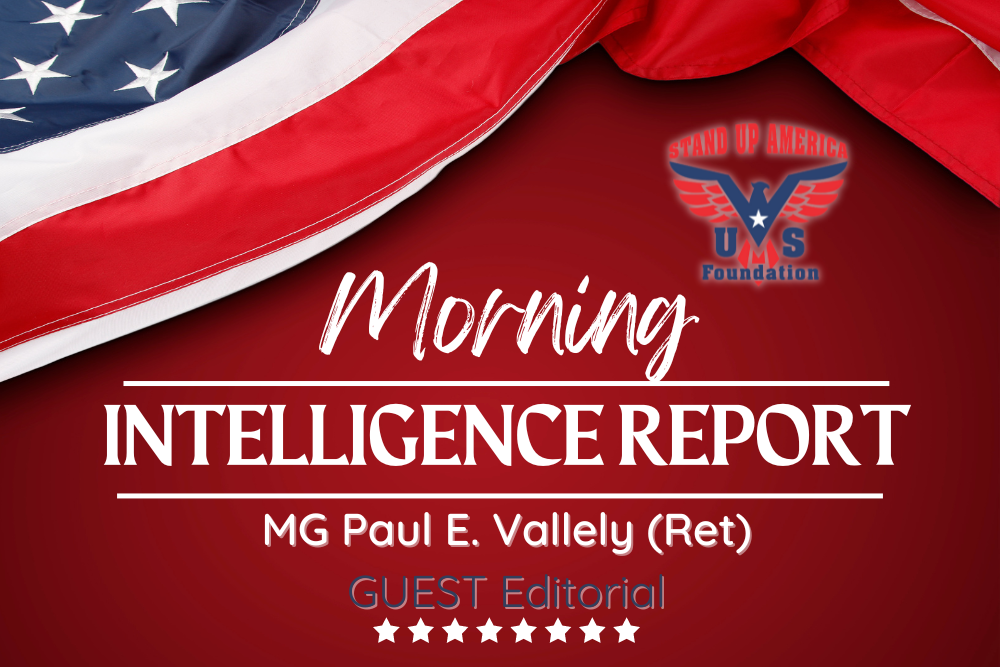Globalization is significantly influencing acts of treason in America, reshaping how betrayal and loyalty are perceived. As the world evolves increasingly related, the dynamics of treason are evolving, with new challenges emerging in the context of global political and economic interdependencies. Understanding how globalization impacts treason is crucial for addressing these modern threats.
Globalization and the New Face of Treason
Globalization facilitates the exchange of information and resources across borders, which can both expose and amplify acts of treason. For instance, individuals or groups with access to sensitive information might exploit global networks to betray national interests. This interconnectedness makes it easier for treasonous activities to have far-reaching consequences, affecting not only the nation but also its global relationships.
The Role of Technology in Treason
Technology, a byproduct of globalization, plays a significant role in modern acts of treason. The digital age has made it easier for traitors to communicate and collaborate with foreign entities. Cyber espionage and data leaks are examples of how globalization influences treason, as sensitive information can be shared rapidly and discreetly, undermining national security.
Case Studies of Globalization and Treason
Historical and contemporary examples highlight the influence of globalization on treason. The Edward Snowden case, for example, showed how global connectivity facilitated the disclosure of classified information, affecting international relations and national security. Similarly, espionage activities often involve cross-border cooperation driven by the global exchange of information and technology.
Conclusion
Globalization is reshaping the landscape of treason in America, introducing new complexities and challenges. As global interconnections grow, so does the potential for acts of treason that exploit these networks. Discoursing these dangers needs a thorough knowledge of how globalization influences treason and implementing strategies to mitigate its impact.


